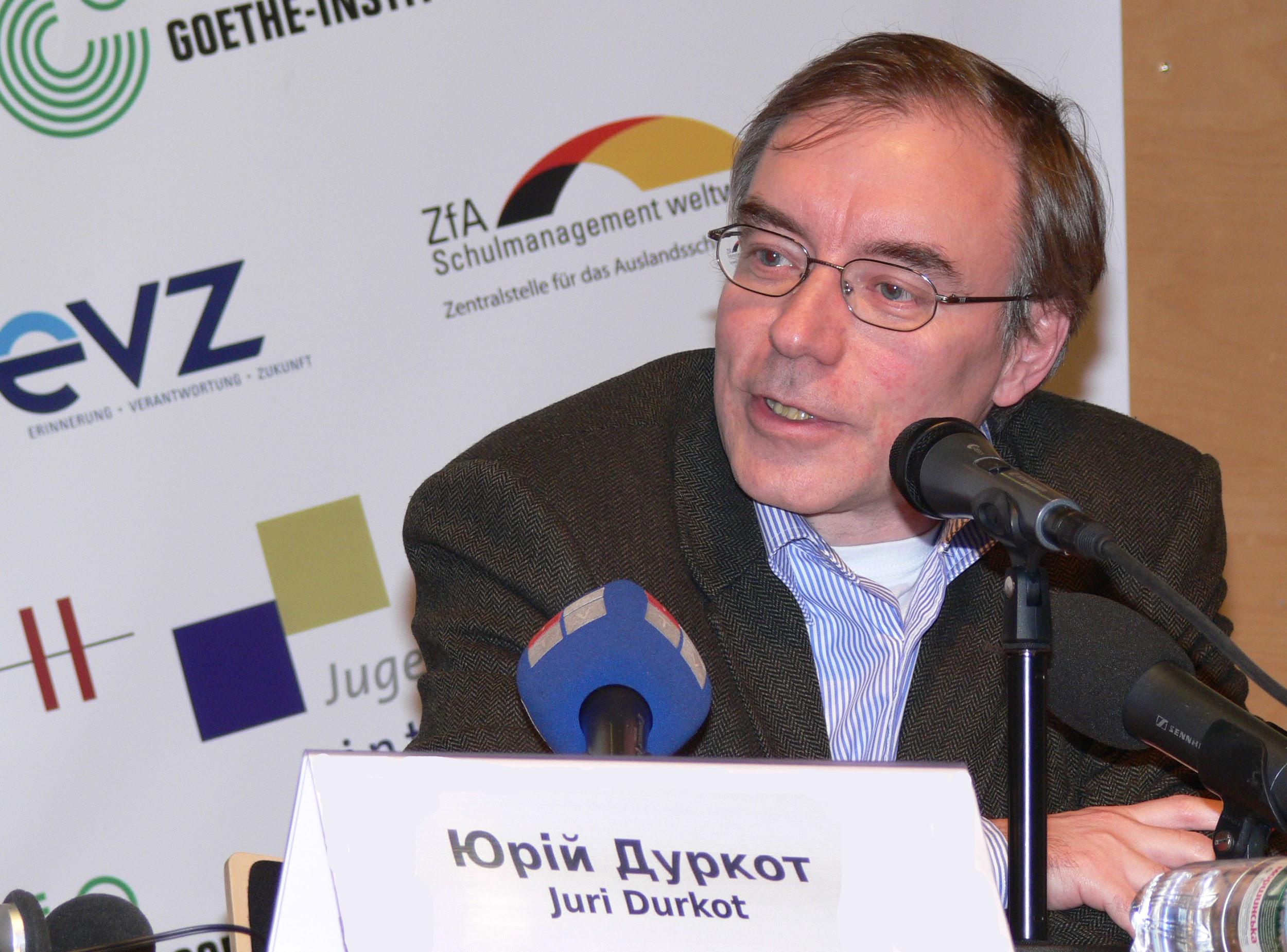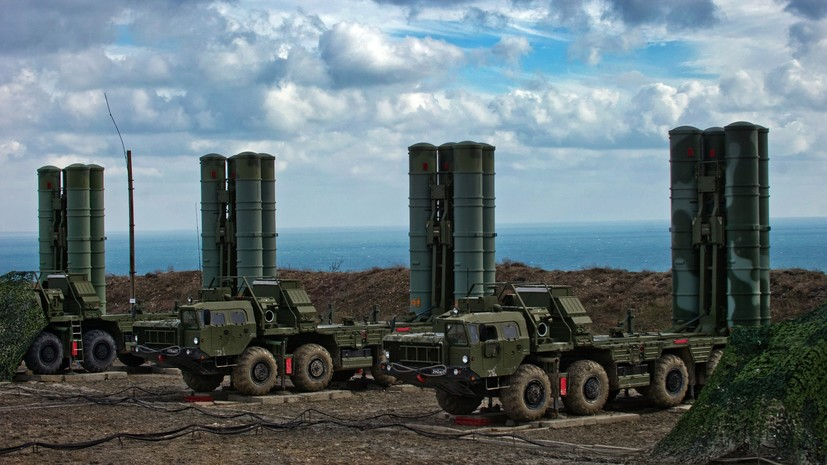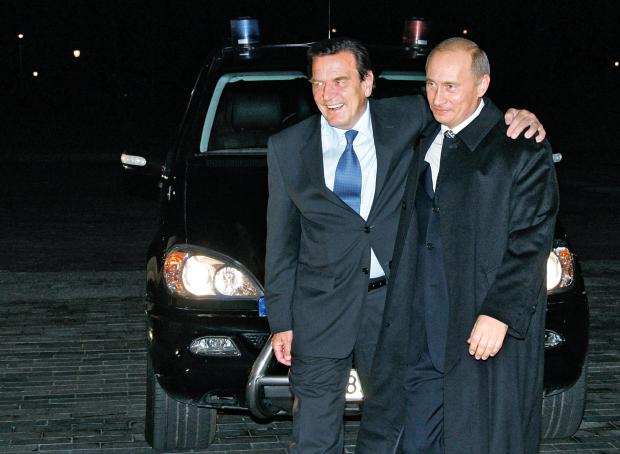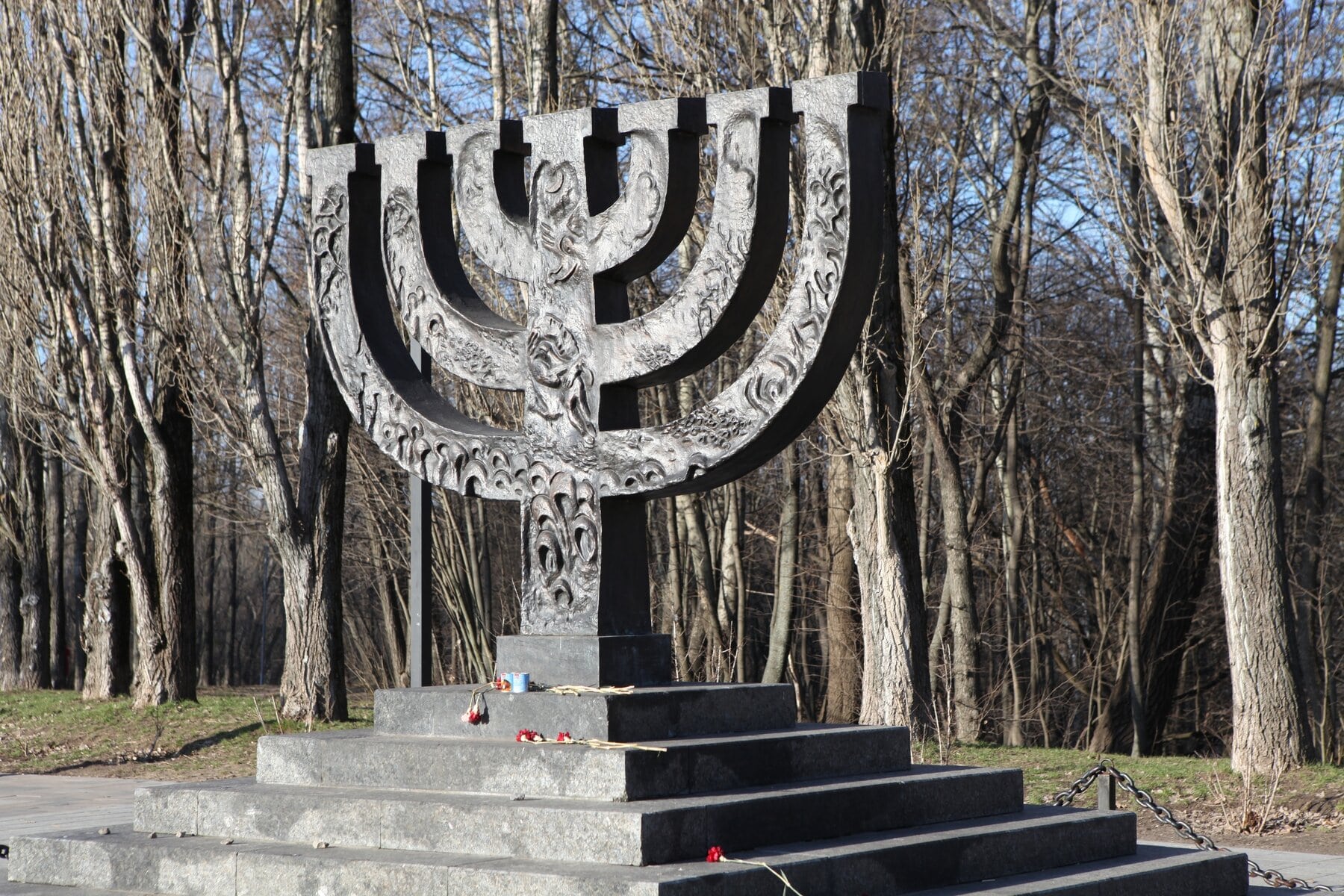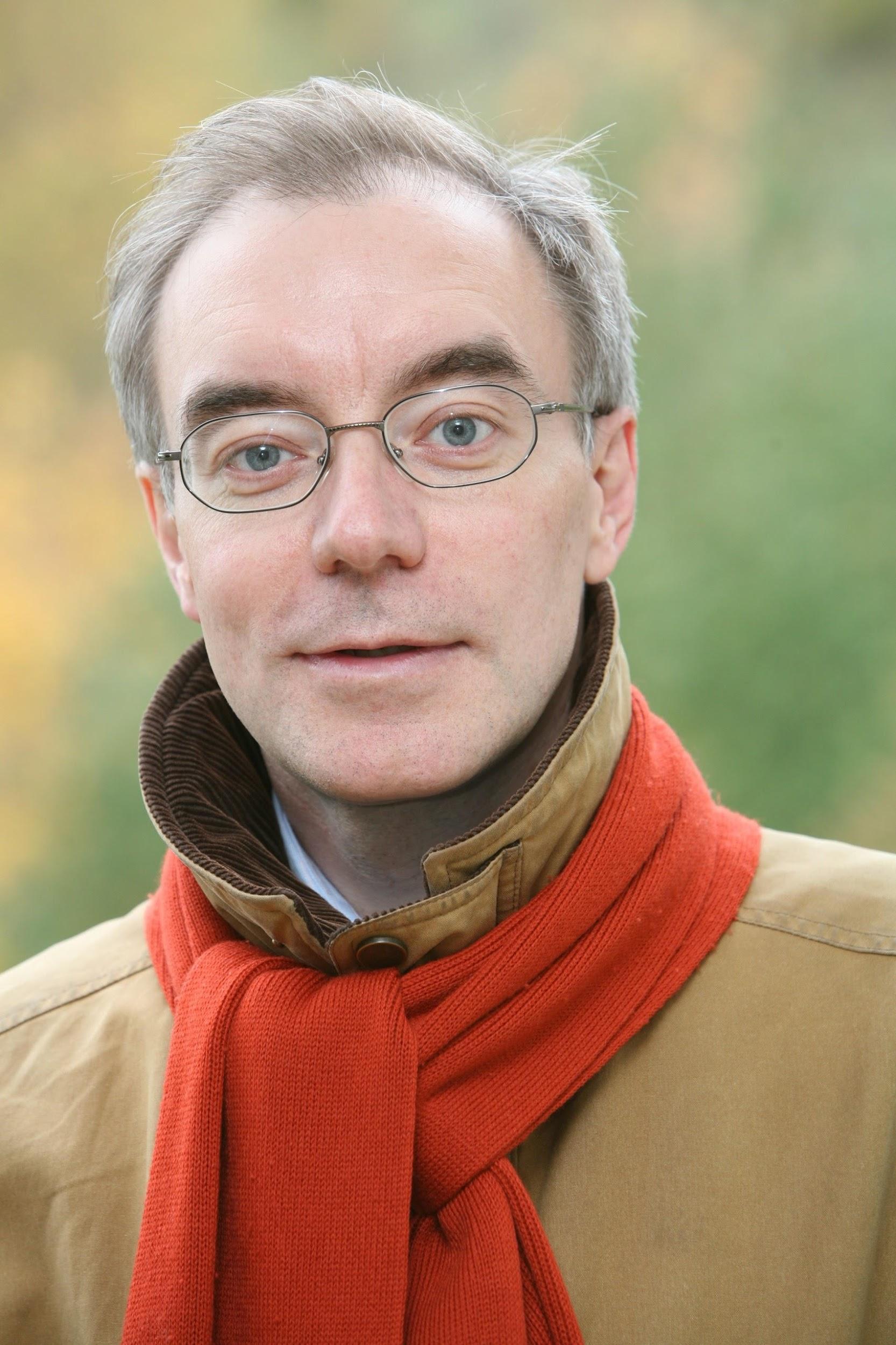
Since Ukraine gained its independence in 1991, Ukrainian journalist, publicist and translator Yuriy Durkot has been developing Ukrainian-German relations in a variety of ways.
From 1995 till 2000, he served as a Press Officer of the Ukrainian Embassy in Germany. Right after the Orange Revolution (2004), Mr. Durkot was one of the founders of Kiewer Gespräche – a German-Ukrainian forum of civil society which organizes annual conferences and cultural exchange.
In addition, thanks to Yuri Durkot the Ukrainian contemporary authors Serhiy Zhadan, Lyubko Deresh, and Mykola Riabchuk found their readers among the German-speaking audience.
One of Zhadan’s most popular books “Voroshylovhrad” was translated by Yuri Durkot and Sabine Stöhr, and published in Germany under the title “Die Erfindung des Jazz im Donbas” in 2012. Two years later, the book won the prestigious German literary and translation award “Brücke-Berlin-Preis” as the most prominent modern novel in Central and Eastern Europe.
Presently, Yuri Durkot lives in Lviv but regularly visits Germany and keeps abreast of news in this country. Euromaidan Press met Mr. Durkot to talk about Ukrainian literature, Russian propaganda in Germany and Ukrainian-German relations yesterday, today and tomorrow.
About the evolution of Ukraine’s image in Germany since the beginning of the 90’s
When Ukraine became independent in 1991, I suggested that one of the major German outlets write a few articles about Ukraine. The answer was: “Thank you, but our Moscow reporters sometimes visit Ukraine, and it is enough for us.”
It is not surprising that Ukraine was ignored in those days. During the Soviet times, we formally had a Ministry of Foreign Affairs, but it was not an independent institution. So, the Ukrainian diplomatic mission had to be created from scratch in 1991.
The majority of people who came to develop it then were not professional diplomats but enthusiastic experts from other fields. They believed Ukraine would move in the direction of Europe very quickly. Many of them became disillusioned later.
I also left my post as a Press Officer of Ukrainian Embassy in Germany in 2000. Meanwhile, it was getting harder and harder to explain the internal developments in Ukraine abroad. To some extent, it was due to the murder of Heorhii Gongadze [Georgian politician, Ukrainian journalist, founder and chief-editor of “Ukrainska Pravda” online outlet – K. Y.] and dismissal of Borys Tarasuk [a former Minister of Foreign Affairs of Ukraine – K. Y.].
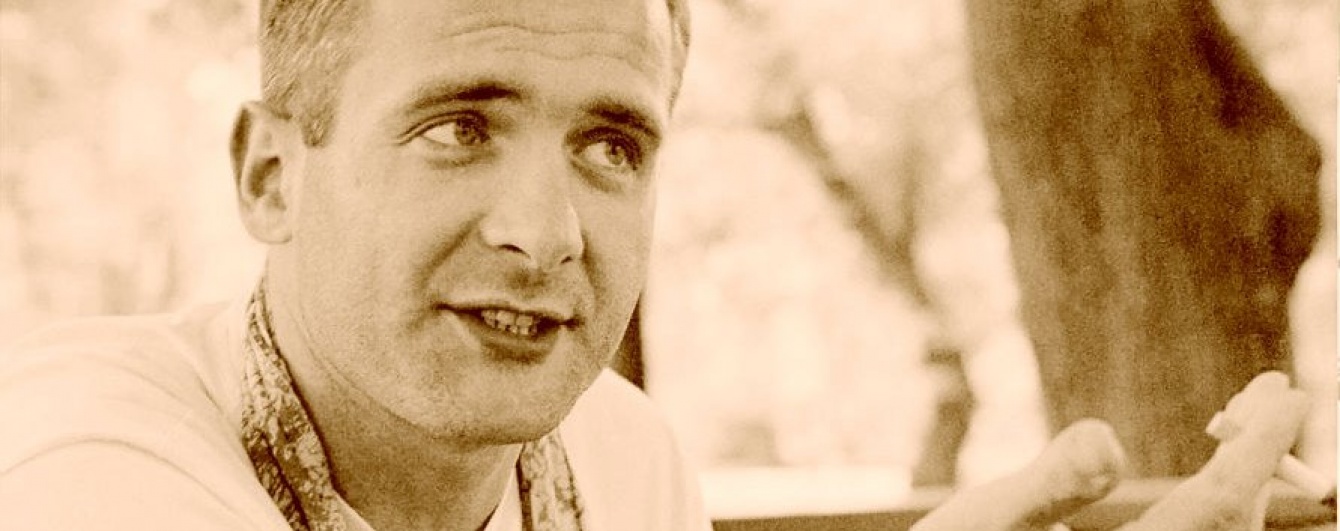
Before 2004, German media mentioned Ukraine mostly in articles about Klitschko, Chornobyl, and Tymoshenko, but the situation changed with the Orange revolution. Ukraine entered the spotlight of the most influential German media when hundreds of thousands of people took to the protests.
That revolution looked attractive to many Germans as it was totally peaceful and bloodless. Perhaps, it reminded the Germans of their own revolution in 1989 or Solidarity (Solidarność) trade union in Poland. At that time I had a lecture dedicated to Ukraine at Chemnitz University of Technology [Chemitz is a city in Saxony – K. Y.] and I was surprised to see a full hall.
At that time Germans became interested in modern Ukrainian literature – Ukrainian authors Yuri Andrukhovych or Oksana Zabuzhko started making their way to the German book market. However, that surge of interest soon passed. Nothing sensational was happening in Ukraine, so the country disappeared from the agenda.
Euromaidan and subsequent events in Ukraine had polarized public opinion in Germany on Ukraine, creating a static division between supporters of Ukraine and the so-called “Russlandverstehers” who were trying to justify the actions of Russia.
This opposition exists in newspaper offices, too. For instance, the journalists of the Berlin office of taz, for which I write occasionally, split into two camps and could not come to a common vision of the situation in Ukraine. In general, far-right and far-left circles in Germany have the most critical attitude to Ukraine now. Most of those people are loyal to Putin at the same time.
About German stereotypes regarding Ukraine
Just after the Euromaidan, the sorest point for Germans was a belief that Ukraine was experiencing a rise of Nazism. It was formed under the influence of Russian propaganda, and Ukraine has to provide facts and analysis to dispel this false view.
Another problem is the perception of Ukraine as a failed state. To some extent, this is due to the nature of the media which tend to write more about the bad than the good. Germans are tired of hearing about our economic crises and corruption issues, so we have to give the good news too. Otherwise, this image may be fixed for Ukraine.
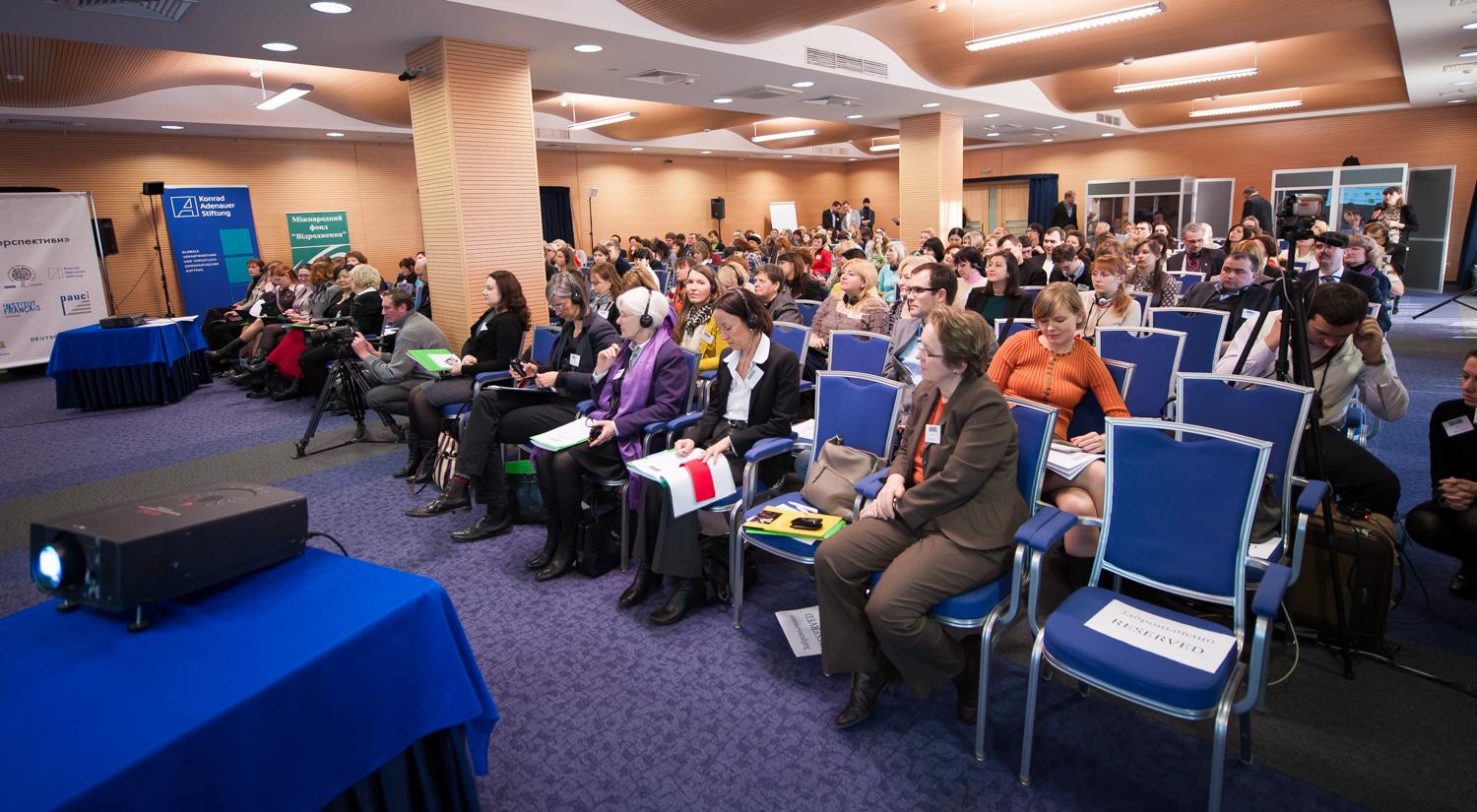
Probably, the oldest stereotype about Ukraine is an opinion that we have a completely Russian-speaking and oriented east and totally Ukrainian-speaking and oriented west, which is a simplification. We should remember that there are many Russian-speaking people in, for example, Lviv or Chernivtsi while the majority of Eastern Ukrainian villages are Ukrainian-speaking.
Moreover, it is important to realize that the language one speaks often has nothing to do with the ideology of this person. Nowadays, at least half of the Ukrainian army speaks Russian, and these people are fighting against Russian mercenaries and soldiers. A few years ago, Moscow could not imagine this.
About Russian propaganda in Germany
At the very beginning, Russian propaganda was very powerful in Germany. It remains quite disturbing still and differs from the kind made for the Russian audience.
For its domestic population, Russian media shoot fake stories like those about the Ukrainian thousand hryvnia banknote with the image of Hitler or a three-year-old boy crucified in Sloviansk by Ukrainian soldiers. Nobody in Western Europe will believe such nonsense, so the other methods are being used.
Russian propaganda tries to convince international audiences as if there were no facts at all – only interpretations. For instance, when the Malaysian Boeing was downed in Donbas, Russia Today presented about six versions of that incident. As a result, most of the Germans had an impression like “it is too difficult to understand” and sometimes that is enough.
Read more: The most comprehensive guide ever to MH17 conspiracies
According to Vitali Sych [chief-editor of the Ukrainian magazine Novoye Vremya – K. Y.], many international journalists fell into another trap while covering Russian-Ukrainian war – searching for truth somewhere in between of the two versions presented by two conflicting parties. The problem is that while Ukraine articulates its version, Russia often just creates a parallel reality. Certainly, the arithmetic mean of these versions is far away from the truth.
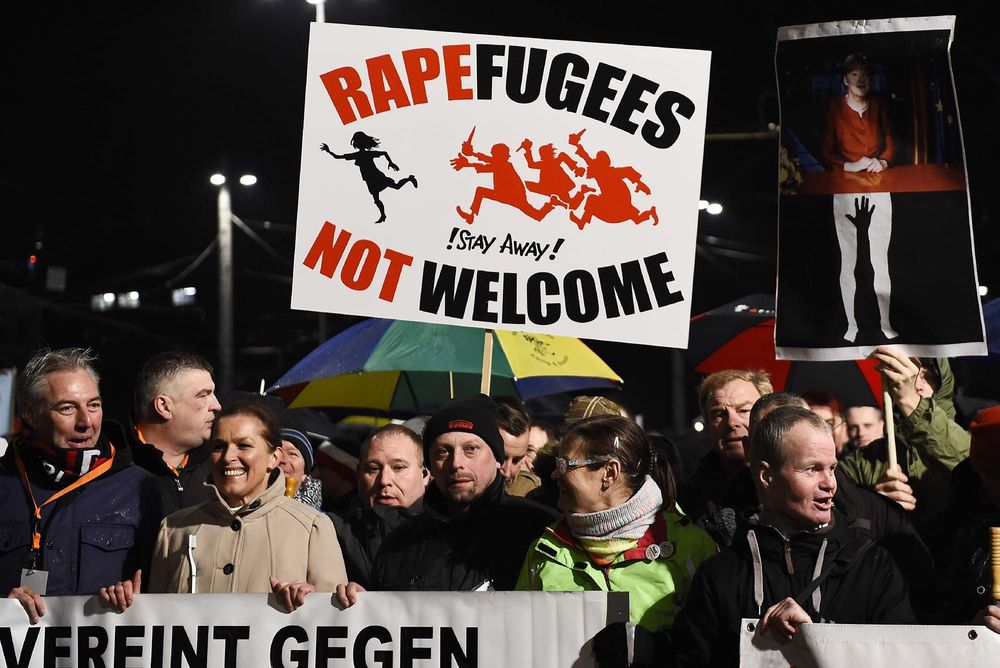
There are many reasons why Germans are susceptible to Russian propaganda. First of all, many of them still feel guilty for attacking the USSR in the Second World War. They extrapolate that feeling mainly to Russia forgetting that Ukraine and Belarus suffered from the Nazis so much more.
There were way more Ukrainians and Belarusians in German concentration camps than Russians, Ukrainians and Belarusian were the majority of Ostarbeiters, Ukraine and Belarus were fully occupied and twice devastated during the advance and then retreat of the Nazis. These were also Ukraine and Belarus which became the main arena for Holocaust.
Another factor which contributes to the success of Russian propaganda is the Germans’ gratitude to Gorbachev for the unification of their country.
Last but not least, many Germans are party to the hidden anti-Americanism which became stronger during the time of the Schröder chancellorship, particularly in the former GDR. They conclude that only Russia and Putin can oppose the USA.
All this, plus about three million Russian-speaking people in Germany, creates favorable conditions for Russian propaganda there. Misinformation can fit in one sentence on the smartphone screen, but then one sentence is definitely not enough to refute lies.
Currently, some Germans are becoming more aware of Russian propaganda. They watched stories about Russian Internet trolls factories and cyber attacks. However, the EU is a bureaucratic machine and it needs some time to unwind. On the contrary, propaganda is very fast, it creates false images instantly.
About the meaning of the new President and the new Foreign Secretary of Germany for Ukraine
In the case of Germany, the president has no direct influence on foreign policy, but he is expected to comment the international and political agenda as a moral authority. Once Joachim Gauck [the former German president – K. Y.] refused to go to Russia and meet Putin. Let us see if Frank-Walter Steinmeier will continue this policy.
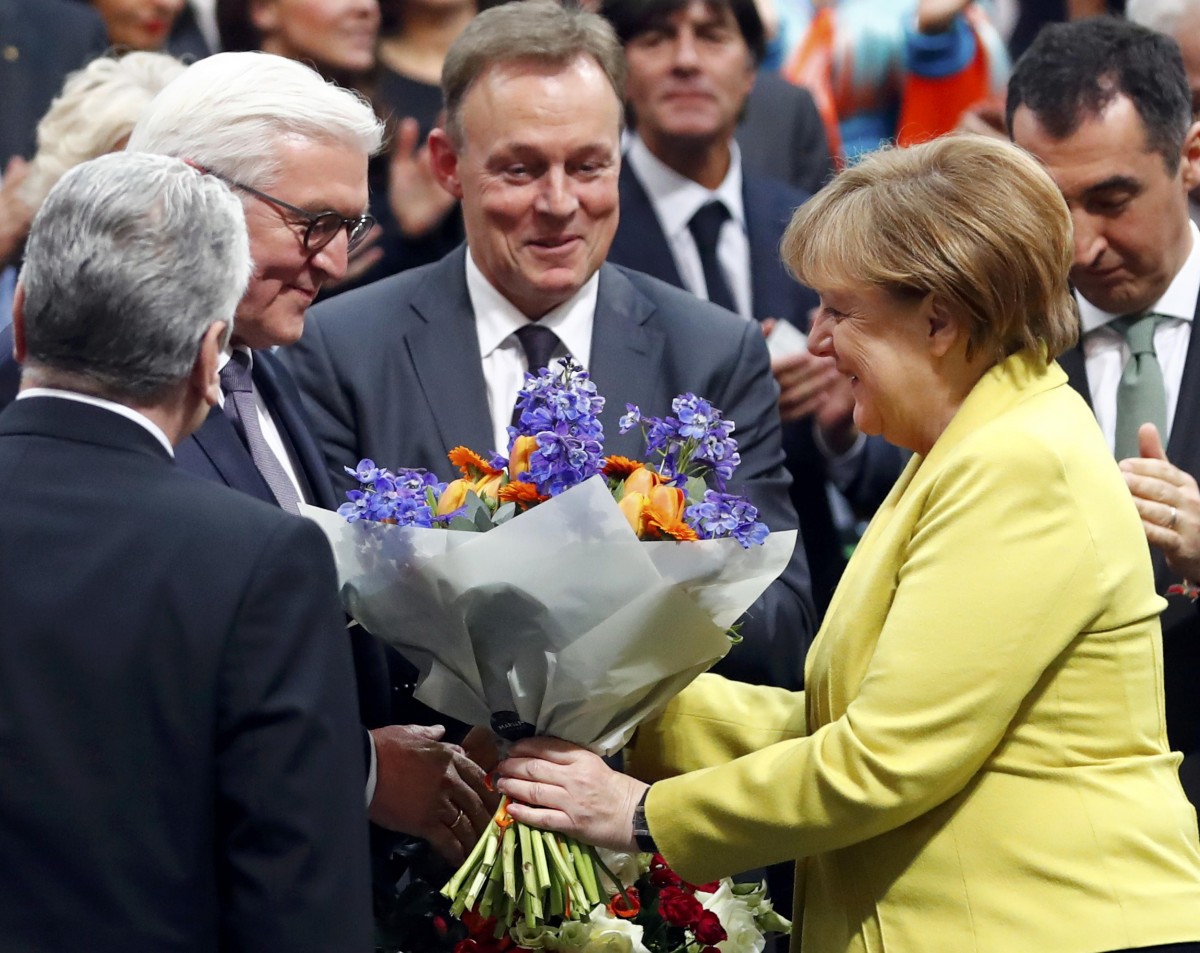
The Minsk negotiations were launched on the initiative of Germany, while France rather joined that mission. It was mainly Steinmeier’s idea to mediate the conflict between Russia and Ukraine, so, I believe, he will keep paying attention to this issue. However, because of his post, he is not supposed to intervene in the Minsk process anymore.
With regard to Sigmar Gabriel [Germany new Minister of Foreign Affairs since 27 January 2017 – K. Y.], he is not going to hold his new position for a long time. He announced that he would stay in Cabinet until the parliamentary elections. I doubt that he would try to change the external policy during this half-year.
Earlier, Gabriel claimed that it was probably worth softening sanctions against Russia or even lifting them at all. Nevertheless, after the appointment, we could hear nothing apart from the reiteration about the importance of adhering to the Minsk agreement.
About Ukrainian modern literature in Germany
One of the first solid translations which broke into German market in 2003 was a book “Mein Europa” with two essays – one by Ukrainian author Yuri Andrukhovych and another by the Polish writer Andrzej Stasiuk. Aside from several books that have come out in small circulation, it was the largest debut for Ukrainian literature on the German market.
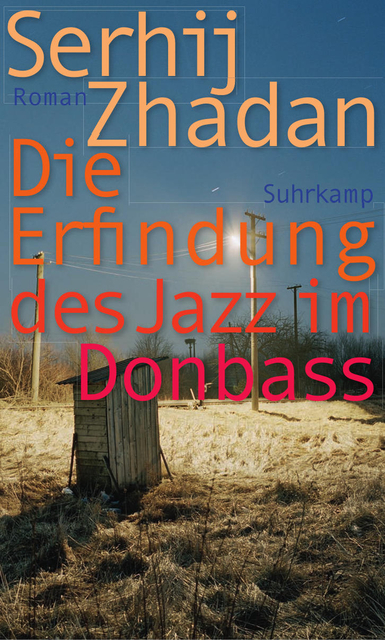
Now the situation is different. There are German translations of Ukrainian authors Oksana Zabuzhko, Taras Prokhasko, Mariya Matios… Andriy Kurkov, who was mistakenly treated as a Russian writer, is now more or less known as a Ukrainian Russian-speaking author.
Perhaps, Serhiy Zhadan is one of the best known Ukrainian author in Germany. He is a very perceptive writer and has an incredible ability to anticipate events. When I reread some fragments of “Voroshylovhrad” on the occasion of the award, I recalled the feeling that Zhadan shared after the outbreak of the war with Russia. He said that his characters came to life, took up arms and started shooting at each other in Donbas.




